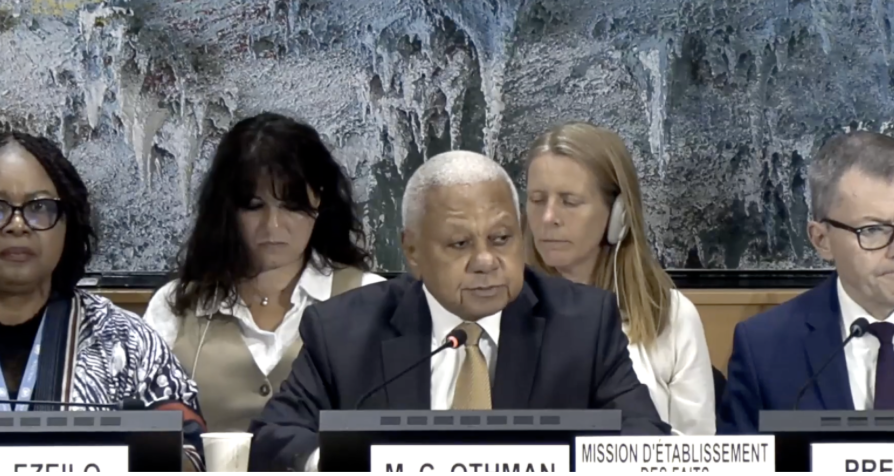
“A War of Atrocities”: Recent Fact-Finding Mission on the Sudan Report showcases Horrors of Violations
60th session of the Human Rights Council
8 September - 8 October
Item 02: ID with the Fact-Finding Mission on the Sudan
9 September 2025
By Minna Adlan / GICJ
Executive Summary
The Interactive Dialogue on the Fact-Finding Mission’s report on Sudan showcased a harrowing picture of a country that has been engulfed in a “war of atrocities”. The Independent FFM detailed the widespread violations by both the Sudanese Armed Forces (SAF) and the Rapid Support Forces (RSF), as well as their allies. The RSF’s conduct was found to constitute or reach the level of crimes against humanity, which included extermination and persecution. Delegates from all regional groups expressed their concerns and alarms at the catastrophic humanitarian crisis, including the threatening famine, mass displacement, and systematic sexual violence. Though many states, including those from the African Group, the Arab Group and the European Union, called for an immediate ceasefire and humanitarian access, there were recommendations presented regarding the path to accountability. A significant number of delegations strongly supported the renewal of the FFM’s mandate as a crucial independent mechanism for evidence collection, while others, such as Sudan, Eritrea, and Sri Lanka, emphasised national sovereignty and the priority of internal domestic judicial frameworks and processes. Nevertheless, the dialogue was unified in the call to centre the needs of victims and survivors, with the FFM experts and numerous states stressing that peace without justice is an illusion.
Geneva International Centre for Justice (GICJ) echoes this sentiment and calls for the immediate extension of the FFM’s mandate to ensure that evidence of these atrocities is preserved and that a victim-inclusive pathway to justice and accountability is implemented without delay.
Background
The conflict in Sudan erupted in April 2023 between the Sudanese Armed Forces and the Rapid Support Forces, and has spiralled into one of the world’s most severe humanitarian and human rights crises. As of mid-2025, over 12 million people have been forcibly displaced, creating the largest displacement crisis globally. Nearly 25 million people face acute food insecurity, with famine conditions being confirmed in several areas of the country. The health system has been targeted and broken, leading to the spread of cholera, measles, and other diseases threatening life and well-being. The conflict has been characterised by extreme brutality with targeted attacks on displacement camps and systematic use of sexual violence as a weapon of war.
Summary of the FFM’s Report
The report of the Independent International Fact-Finding Mission, titled “Sudan: A War of Atrocities”, documents violations committed primarily between October 2024 and July 2025. The key findings showcased that both SAF and the RSF have committed war crimes, including violence against life and persons, intentionally directing attacks against civilians, as well as forced displacement. The mission documented deliberate attacks on civilians in their homes, markets, and displacement camps (notably the Abu Shouk and Zamzam Camps), as well as systematic destruction of civilian infrastructure essential for survival, including hospitals, water sources and food systems. There was a pattern of sexual and gender-based violence which made it a defining feature of the conflict, and was predominantly perpetrated by the RSF and often targeting non-Arab women and girls. There were also reports that SAF was implicated in sexual violence against detainees. Another finding was the utilisation of starvation as a weapon of war, with it being a primary part of siege tactics, particularly in El Fasher, and obstruction of humanitarian aid, which all amount to war crimes of using starvation as a method of warfare. The mission found Sudan “unwilling and unable genuinely” to investigate and prosecute international crimes and cited a historical pattern of impunity and selective justice. The report concludes with a suggested roadmap for accountability, urging conflict parties to cease hostilities, the international community to enforce an arms embargo and support justice mechanisms, while also ensuring peace processes are inclusive and have no impunity for international crimes.
Summary of the Interactive Dialogue
Opening statement

Mohamed Chande Othman, Chair of the Fact-Finding Mission on Sudan, opened up the session by describing the situation in Sudan as a “War of Atrocities”. He emphasised that civilians are not only caught in the crossfire but have become deliberate targets of both the Sudanese Armed Forces (SAF) and the Rapid Support Forces (RSF). He underscored the loss of public trust in national institutions and urged immediate humanitarian access to all regions, the imposition and enforcement of an arms embargo, accountability and justice for victims through independent mechanisms, inclusive peace processes, and the importance of civil society engagement in documenting violations and preserving evidence. The chair stressed that every delay costs lives, and that the people of Sudan continue to be starved, displaced, and silenced, and they deserve a future free from violence. He concluded by reiterating that the cycle of impunity has to end, calling on all states and international actors to act decisively and urgently to protect civilians and uphold justice.
Delegates from around the world expressed deep concern, and many have described the situation as “catastrophic”, “horrific”, and “alarming”.
Statement of the Concerned Country: Sudan
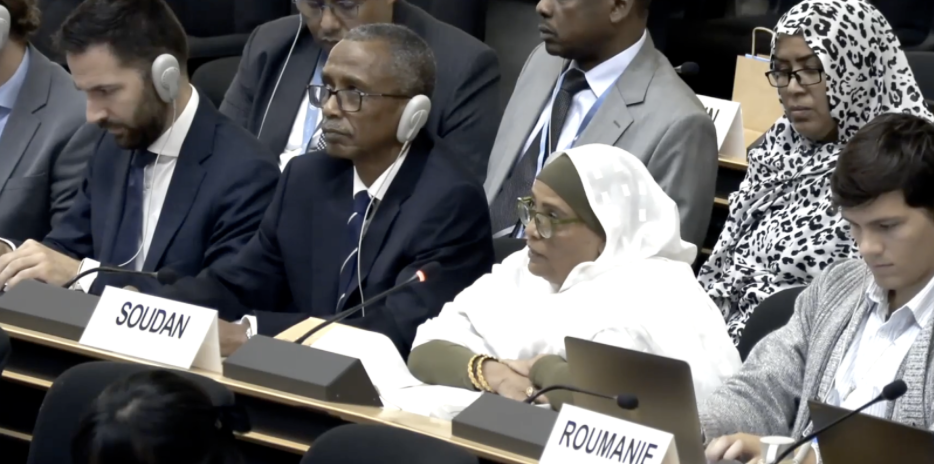
The concerned country, Sudan, stated that rebellion by the RSF is an internal affair and called for the respect of Sudan’s sovereignty. The state highlighted over 30,000 murders and $700billion in damages attributed to the RSF and accused the United Arab Emirates (UAE) of providing support. They also emphasised that their national judicial institutions are willing and able to enforce justice and called on the Council to pressure the UAE.
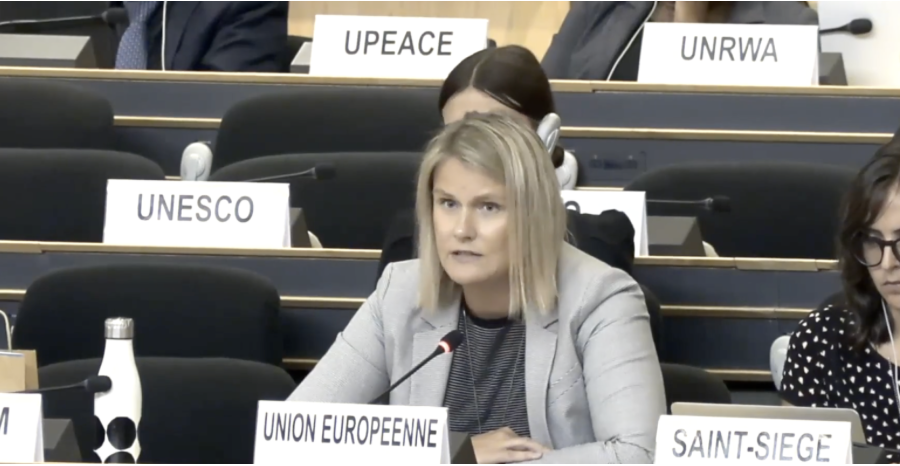
The European Union remains appalled by the human rights violations, noting the country is on the brink of collapse. They called on all states to respect the UN arms embargo, and have demanded open humanitarian access for El Fasher and emphasised the need to protect civilians and address impunity.
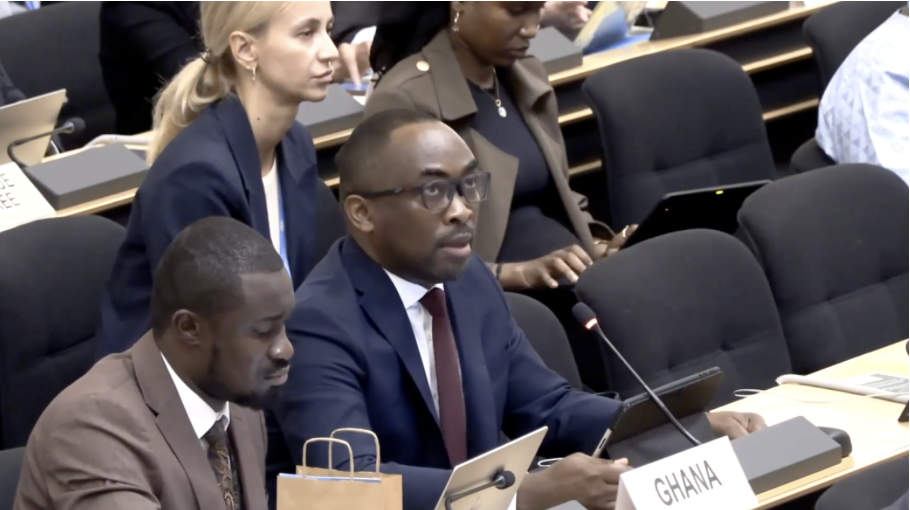
The African Group statement, which was delivered by Ghana, expressed African solidarity with the Sudanese people and welcomed mediating efforts led by the African Union. They reaffirmed the need for a single, coordinated international effort to silence the guns and guarantee humanitarian aid, and lead the country into peaceful and sustainable democratic transition.
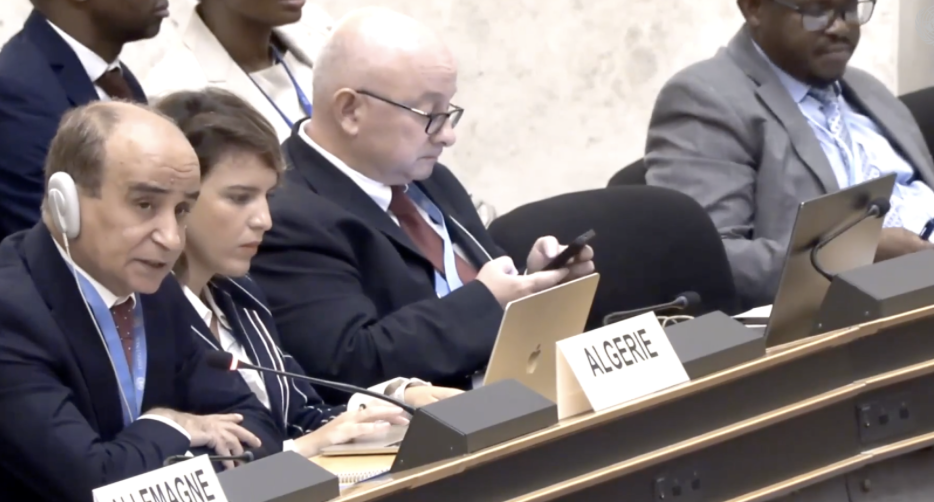
The Arab Group statement, which was delivered by Algeria, expressed solidarity with Sudan and remained deeply concerned over the humanitarian situation and the findings of the report. They also rejected any interference in its internal affairs that would undermine national institutions. They valued the humanitarian efforts but condemned foreign military interference as a driver of instability.
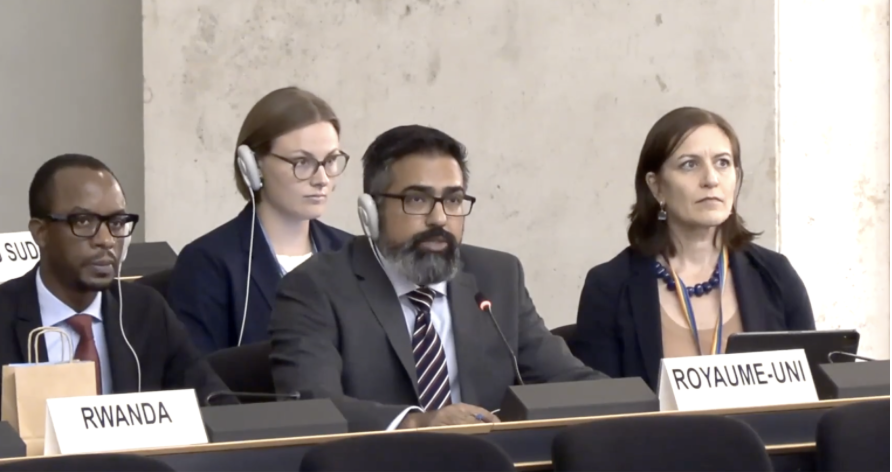
The United Kingdom delegation was “horrified” by the brutal targeting of camps like Abu Shouk and stressed that the UK condemns all violations and urged for the extension of the FFM mandate.
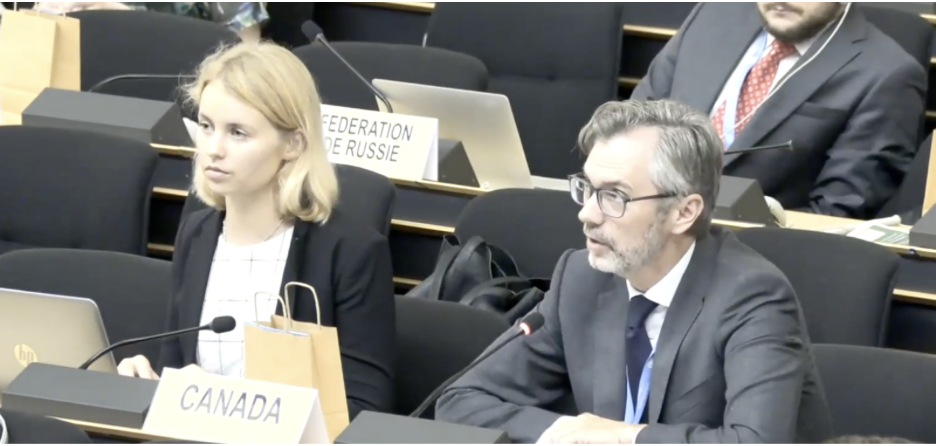
Canada expressed being deeply alarmed by the FFM’s conclusions, particularly crimes against humanity, and urged all parties to respect their obligations under international law and called for a ceasefire and transition to civilian-led governance.
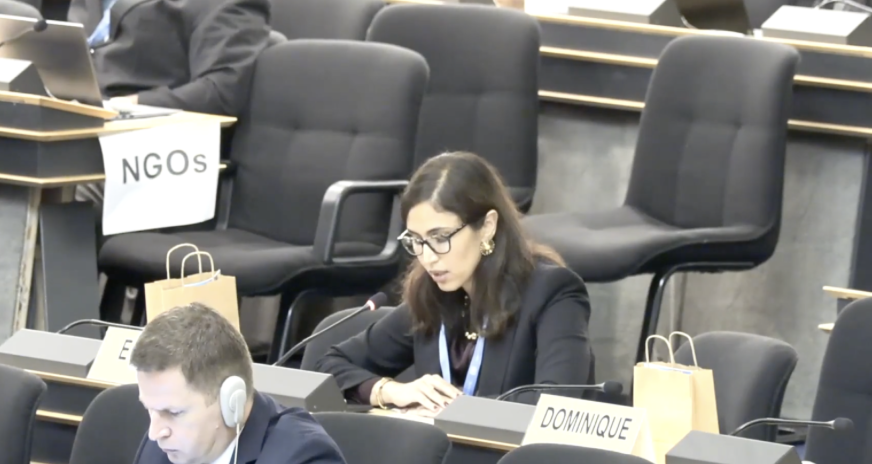
Egypt stressed that the solution must be a ‘Sudanese-owned’ solution, respecting the sovereignty and territorial integrity without foreign interference.
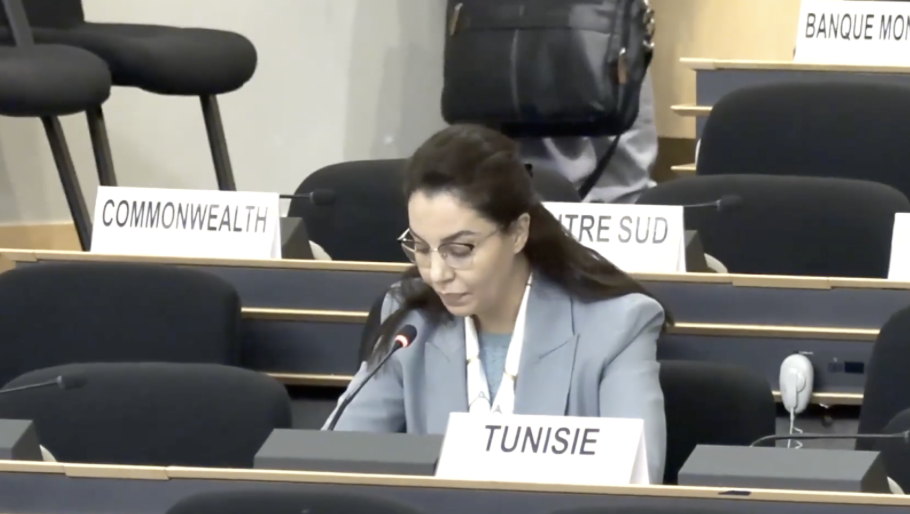
Tunisia aligned with Egypt and called for a transitional period leading to fair elections as well.
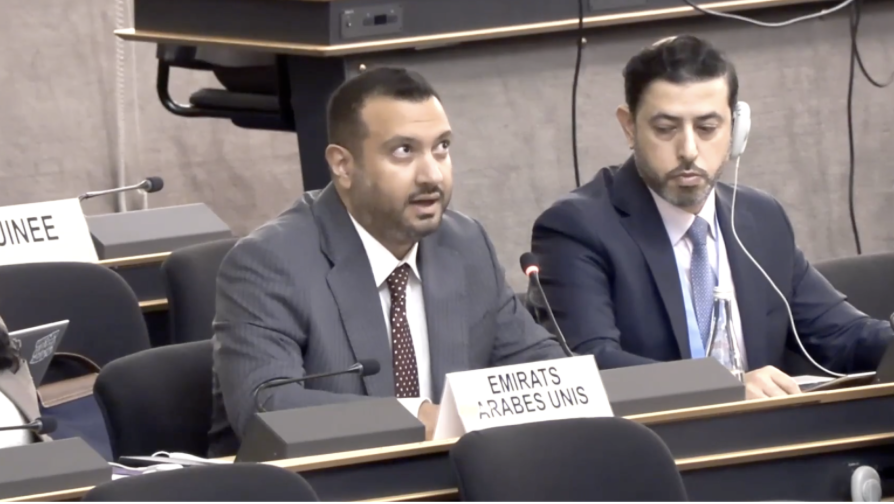
The United Arab Emirates expressed deep concern over the lack of food security and gender-based violence, and called for a sustainable ceasefire as well as a transition to an independent government, and has rejected allegations made by Sudan as biased.
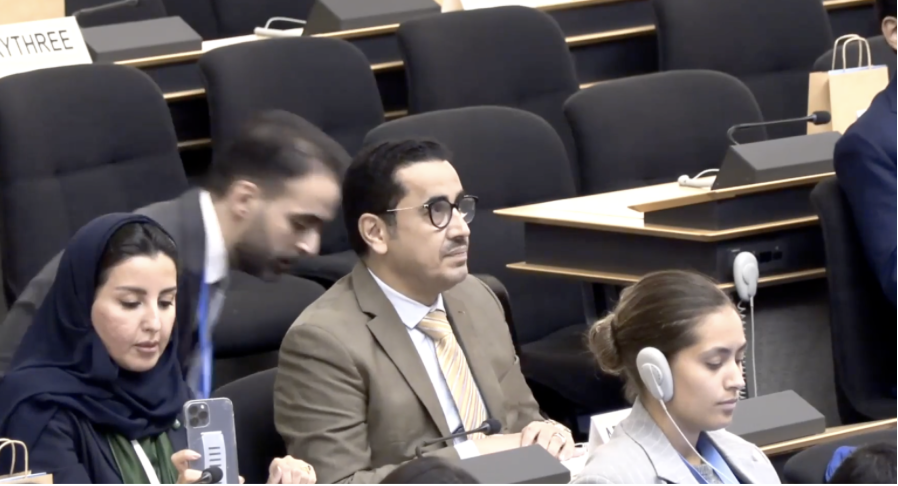
Saudi Arabia emphasised the protection of civilians and highlighted the role in hosting the Jeddah Declaration and continued diplomatic engagement to push parties to respect their political and humanitarian obligations under international law.
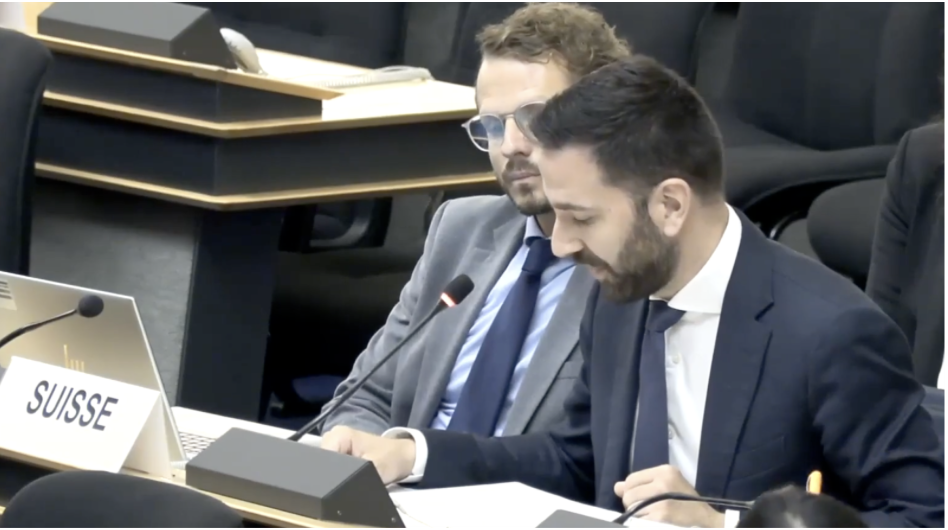
Switzerland expressed shock at the deterioration and called for an end to impunity, full humanitarian access, and for states to uphold the arms embargo.
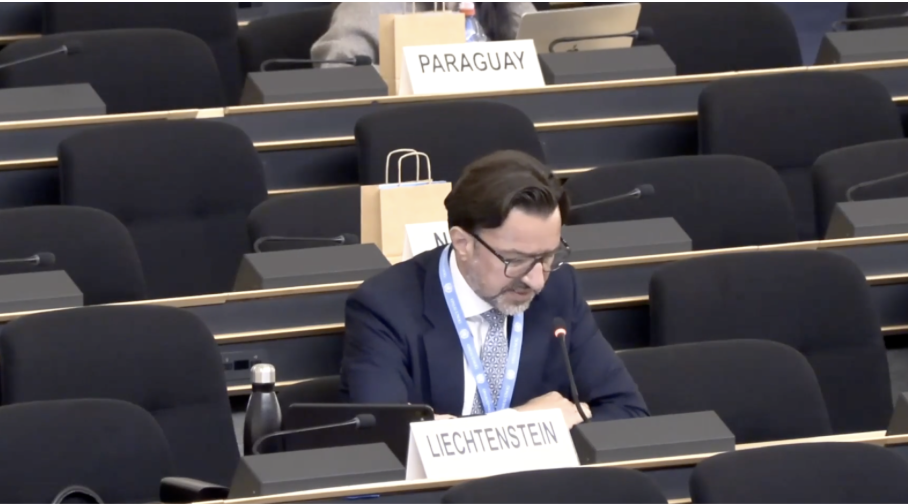
Liechtenstein aligned with that statement as well, issuing similar concern and call for unhindered humanitarian aid.
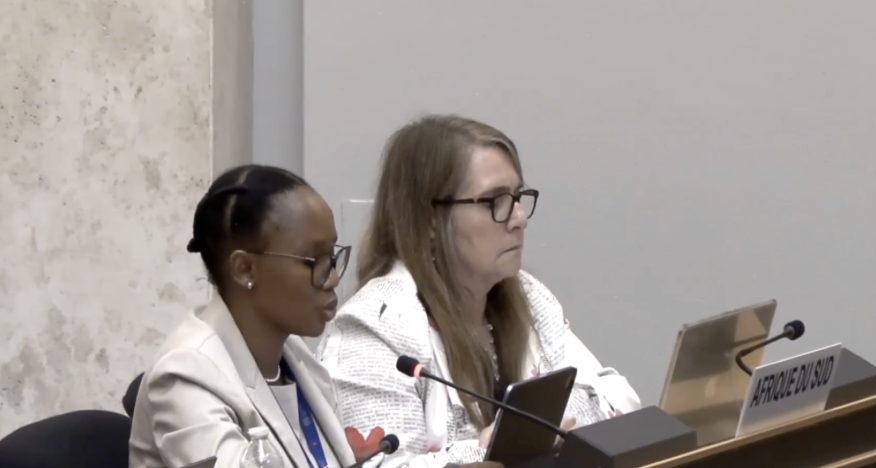
South Africa called for collaboration between international and regional mechanisms, insisting on Sudanese-led solutions.
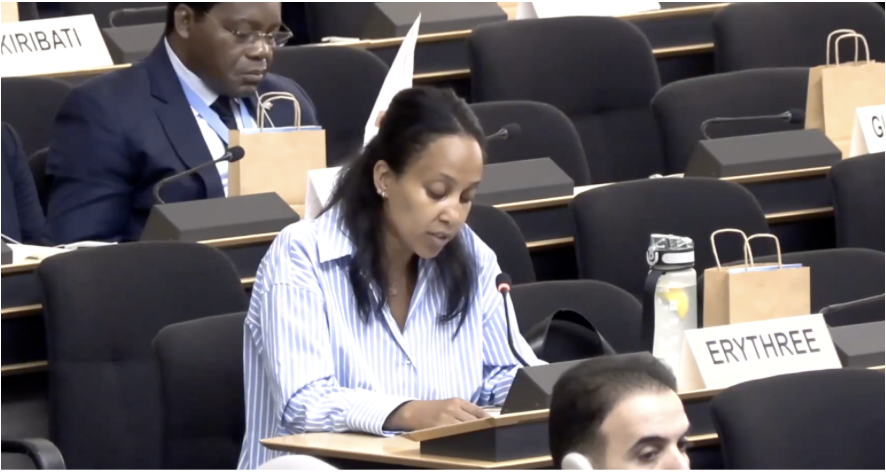
Eritrea argued for the role of the FFM in supporting the government of Sudan in pursuit of peace while respecting autonomy and maintaining inclusion of Sudanese-led pathways to justice.
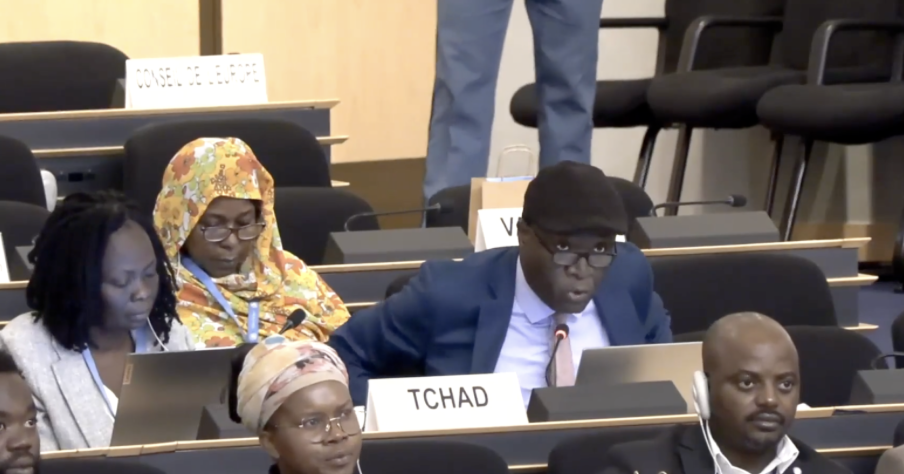
Chad highlighted the regional impact of the humanitarian catastrophe, noting that it hosts almost two million Sudanese refugees, and called for international solidarity and shared responsibility.
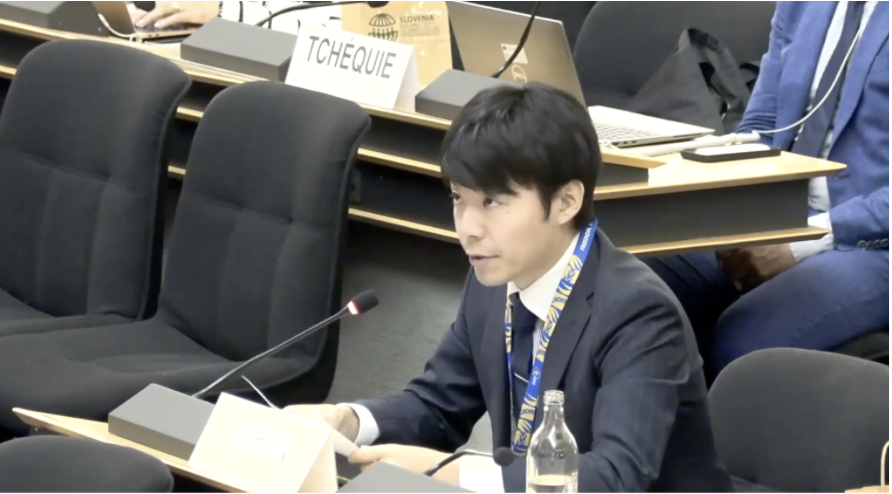
The delegations of Japan condemned the obstruction of aid and sexual violence and have called for a cessation of hostilities and a transition to a civilian-led government.
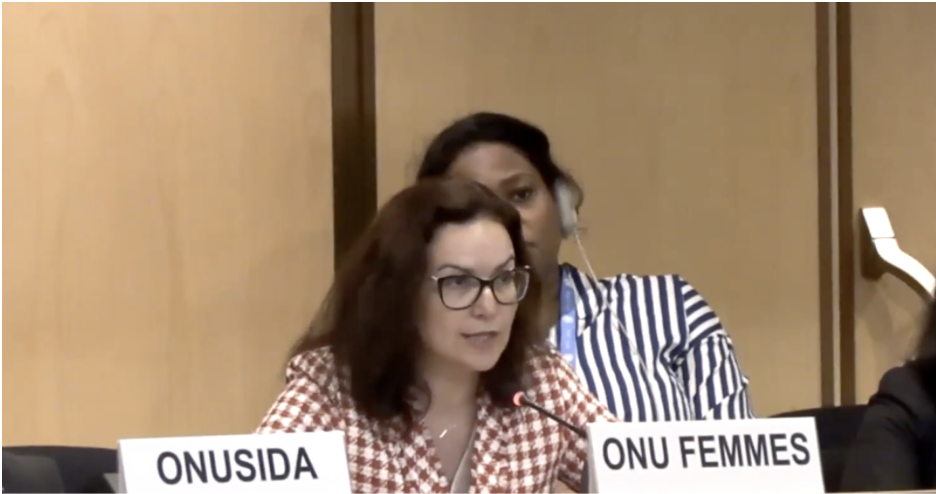
UN Women highlighted the deepened harms against women and girls, as well as the lack of access to justice and life-saving services and called for the encouragement as well as support for women’s leadership in peace processes.
Statements by NHRIs and NGOs
Powerful interventions continued to highlight the unprecedented scale of suffering in Sudan. They described the tragedy as difficult. Denouncing the warring parties' utter disregard for international law and the deliberate targeting of civilians and vital infrastructure. Speakers condemned attacks on places of worship and the widespread use of sexual violence, leaving countless survivors traumatised and communities destroyed. Many raised the alarm over the disappearance of human rights defenders, journalists, as well as humanitarian workers, including the obstruction of life-saving aid. They called for unhindered humanitarian access, as well as renewed international attention and concrete accountability for atrocities, including the RSF’s campaign of extermination, which they affirmed constitutes a crime against humanity. They urged the Council to extend and adequately resource the mandate of the Fact-Finding Mission on Sudan to ensure that evidence continues to be collected and preserved for future prosecutions. They reminded the Council that survivors feel invisible to the world, yet they are the ones carrying the wounds, stressing the urgency of ending impunity and prioritising protection and justice for victims.
Concluding remarks of the FFM experts
Joy Ngozi Ezeilo concluded that solidarity must translate into concrete action to end this war and emphasised that justice must be inclusive and gender-sensitive. Mona Rishmawi highlighted the increase and deepening violations, noting that both sides failed to minimise civilian harm. She stated that to increase humanitarian relief, the sieges must be lifted and attacks on humanitarian workers must stop, and the perpetrators must be held accountable.
Position of Geneva International Centre for Justice
Geneva International Centre for Justice (GICJ) stands firm in solidarity with the victims and survivors of the atrocities in Sudan. The haunting records of violations of mass killings, systematic sexual violence, as well as deliberate starvation, detailed in the report, demand an urgent and robust response from the international community. The cycle of impunity in Sudan must be stopped. Geneva International Centre for Justice:
- Strongly call for the immediate and unconditional extension of the FFM mandate for a minimum of two years.
- Urge all Member States to prioritise a victim-centred approach.
- Demand that the UN Security Council impose a comprehensive and enforceable arms embargo on all parties to the conflict.
- Calls for increased pressure on the conflict parties to immediately cease hostilities, lift all sieges, and allow full, safe, and unhindered humanitarian access to all areas of Sudan.
- Support the exploration of different pathways for justice and accountability while ensuring solutions are victim and survivor-centred and are Sudanese-inclusive.
The people of Sudan cannot afford empty promises and words. The Council must act now to ensure that the crimes of today do not become the forgotten atrocities of tomorrow because justice delayed is justice denied, and for the millions who are currently suffering in Sudan, delay only means their continued death and despair.




